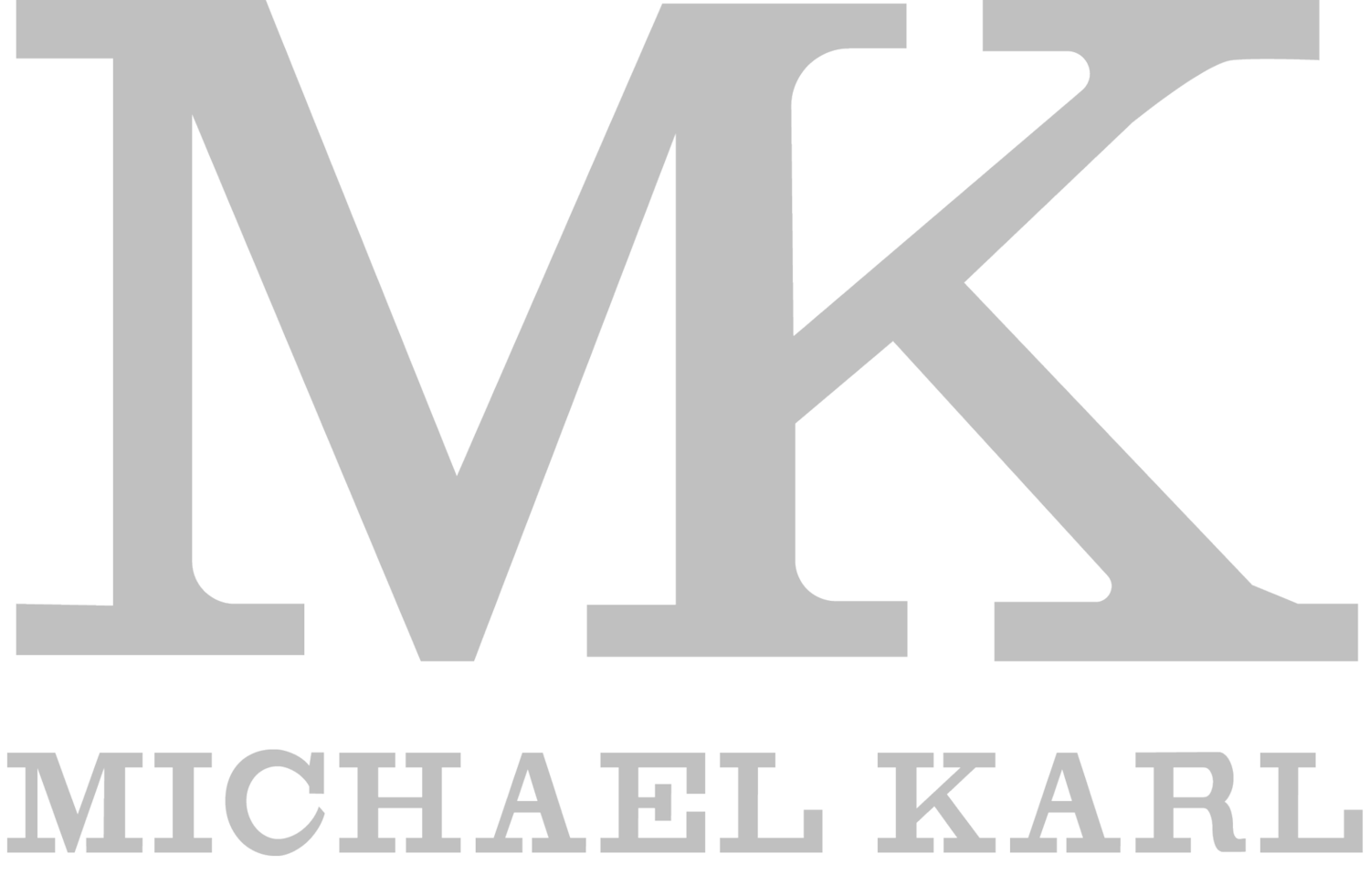In the realm of communication, the ability to truly listen and understand others is a key ingredient in building meaningful connections and exerting influence. Active listening—the practice of attentively absorbing what others convey, both verbally and non-verbally—serves as a foundation for empathy, trust, and persuasiveness.
With Michael Karl, an acclaimed magician and expert in influence and persuasion, as your guide, you can unlock the transformative potential of active listening to enhance your personal and professional communication skills.
This insightful blog will delve into the art and science of active listening, shedding light on its significance in fostering genuine relationships, understanding different perspectives, and persuading others with finesse. Drawing on his unique background as a performer and communication expert, Michael Karl will share practical techniques and actionable tips that empower you to master the power of active listening.
Embark on this enlightening journey with Michael Karl and uncover the true magic of active listening. Learn how to harness this essential communication skill to not only improve your personal and professional relationships but ultimately transform your ability to empathize, connect, and influence those around you.
Principles of Active Listening: Fundamentals for Meaningful Connection
To truly resonate with the messages of others, familiarize yourself with the essential principles and components of active listening, which form the basis for effective communication:
1. Empathy: Demonstrate understanding and share the feelings of those speaking to you, putting yourself in their shoes and validating their experiences.
2. Mindfulness: Be fully present and give your undivided attention to the speaker, eliminating distractions and focusing on the ideas being shared.
3. Non-verbal Communication: Be receptive to the speaker's body language, facial expressions, and tone of voice, understanding that much of the message lies beyond the words being spoken.
By embodying these principles, you lay the foundation for active listening and genuine relationships.
Developing Active Listening Skills: Techniques to Connect and Influence
With a firm grasp of the essential principles, cultivate your active listening skills using these practical strategies:
1. Maintain Eye Contact: Establish and hold eye contact with the speaker to convey your full attention and build rapport.
2. Use Open Body Language: Adopt a posture that suggests engagement and receptivity, such as leaning slightly forward and keeping your arms uncrossed.
3. Ask Probing Questions: Encourage elaboration with open-ended questions, demonstrating interest and prompting further discussion.
4. Provide Appropriate Feedback: Offer verbal affirmations and paraphrase the speaker's message to validate their thoughts and avoid misunderstandings.
By honing these techniques, you significantly enhance your ability to listen actively and form meaningful connections with others.
Active Listening in Professional Settings: Collaboration, Trust, and Leadership
In the business world, active listening takes on a transformative role in both personal development and organizational success. Explore its far-reaching implications in the professional sphere:
1. Enhance Your Persuasiveness: Active listening bolsters your persuasive power, enabling you to understand others' perspectives, address their concerns, and tailor your message to their needs.
2. Strengthen Collaboration: Fostering open communication among team members aids in resolving misunderstandings, generating innovative ideas, and ultimately improving efficiency and productivity.
3. Exemplify Leadership: Active listening is an admired leadership quality, as it demonstrates empathy, fosters trust, and encourages a culture of openness and inclusivity.
By mastering active listening in the workplace, you can unlock the potential for heightened influence, collaboration, and leadership.
Active Listening for Conflict Resolution: The Art of Mediating and Finding Common Ground
In situations of conflict and disagreement, active listening shines as a powerful tool for fostering understanding, resolving disputes, and bridging divides:
1. Offer Unbiased Attention: Give each party the opportunity to express their concerns and feelings, maintaining an open, nonjudgmental demeanor to foster dialogue.
2. Identify and Validate Emotions: Recognize and verbalize the emotions and values underlying each party's stance, acknowledging and validating their feelings without taking sides.
3. Seek Solutions Together: Encourage discussion focused on finding mutually beneficial solutions, promoting a collaborative environment that emphasizes understanding and compromise.
By employing active listening in conflict resolution, you can facilitate understanding, establish common ground, and pave the way for consensus.
The Transformative Power of Active Listening
The art and skill of active listening hold the key to unlocking empathy, trust, and influence in your personal and professional life. By embracing the insights and strategies shared by Michael Karl, you can revolutionize the way you communicate and connect with others.
As you embark on this journey to master active listening, you will uncover newfound opportunities to persuade, collaborate, and foster harmonious relationships built on understanding and respect.
Cultivate this essential communication skill with leadership speaker Michael Karl, and let its transformative effects shape your life and the lives of those around you, illuminating a path to meaningful connection and mutual influence.
